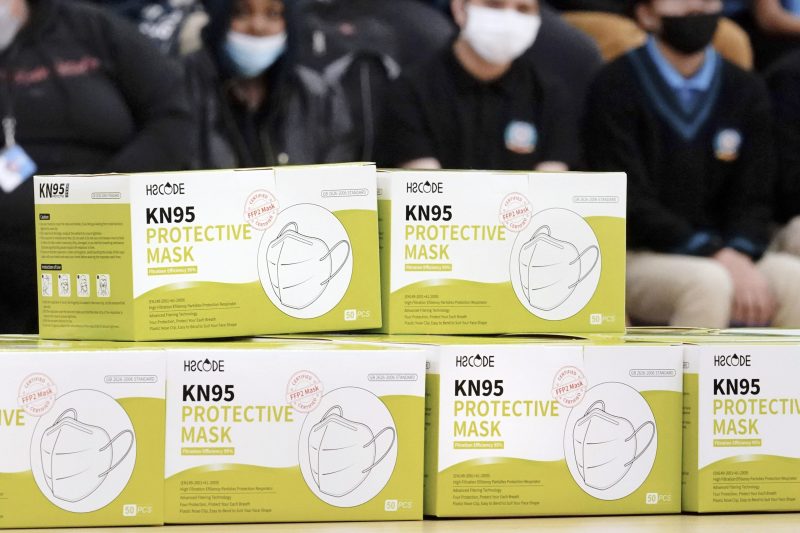
(NEXSTAR) – October is typically the calm before the storm when it comes to respiratory viruses. But health experts say it’s not time to get comfortable. A surge in flu and COVID cases is likely on the way, but the timing of the winter wave may be different this year.
The summer of 2024 saw a dramatic increase in COVID-19 cases for a period that stretched well into September.
“Perhaps a silver lining in that cloud is that the large number of summer cases may mean that our winter wave is going to be a little smaller because individuals who were infected in the summer should have immunity that will take them into December and January,” Dr. Andrew Pekosz, professor at Johns Hopkins Bloomberg School of Public Health, said in a media briefing this month.
Because immunity from a prior case tends to last about three months on average, and so many people were infected in late summer, we may start to see the next significant uptick in COVID cases in December, Emily Smith, infectious diseases and epidemiology expert at GW Milken Institute of Public Health, predicted in an interview with USA Today.
How big the wave ends up being depends in part on vaccine uptake. Last year, few people got the updated booster shot. If that’s the case again this year, we’re more likely to see widespread and serious consequences, Pekosz said.
Uptake rates of the flu vaccine are another concern, he said. The Centers for Disease Control and Prevention recommends vaccinating against influenza before the end of October so it has time to take effect before peak flu season.
Most of the time, flu activity peaks between December and February.
Adults over 75 and some between ages 60 and 74 can also get vaccinated against RSV, which is respiratory syncytial virus.
If vaccine uptake for these looks similar to last year, we could be in for a dangerous winter, CDC Director Mandy Cohen said in a briefing at the end of September.
“If last season is any prediction of this season, that means 800,000 hospitalizations of flu, COVID and RSV,” she said. “We know that these vaccines can cut the risk of hospitalization in half.”

